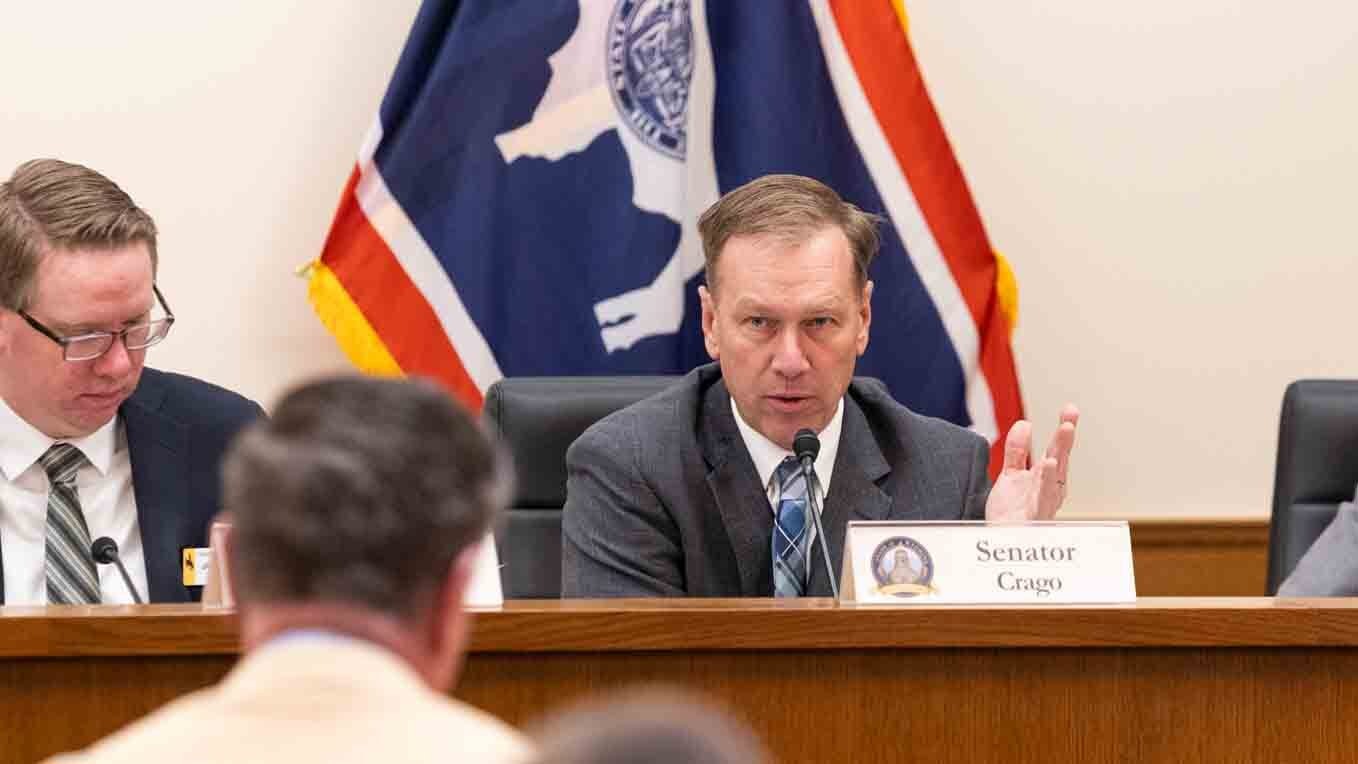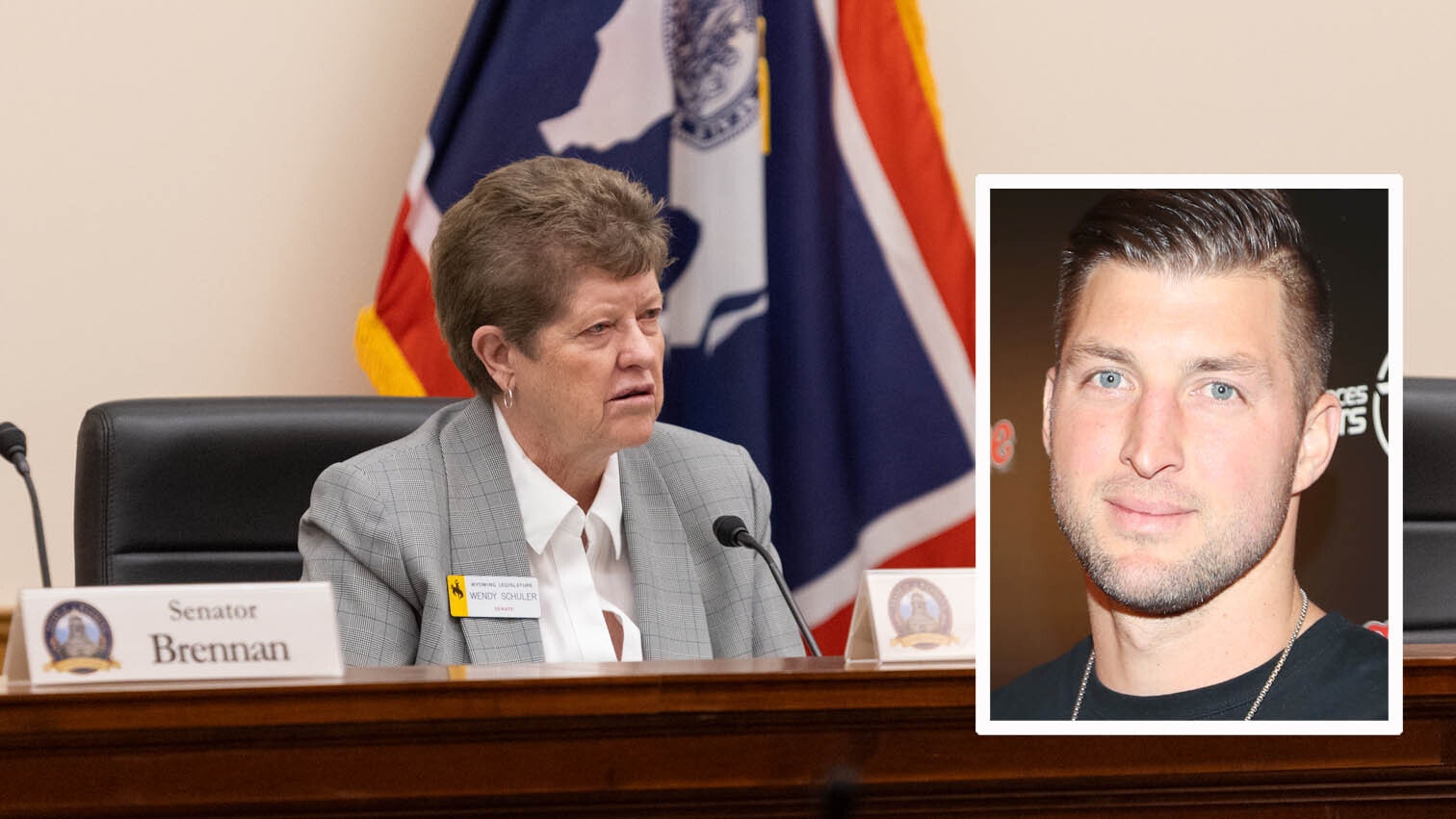WASHINGTON, D.C. — President Donald Trump’s executive order aimed at lowering prescription drug prices was greeted tepidly by Wyoming’s most prominent doctor, John Barrasso.
The second-ranking Republican in the U.S. Senate said he wants to lower the cost of patient care. But he suggested that Trump — who says drug makers are gouging U.S. drug wholesalers and consumers — might be taking the wrong approach.
“As a doctor, bringing down the cost of care for patients will always be a priority of mine,” Barrasso, who was an orthopedic surgeon, told Cowboy State Daily. “I want to help people get the care that they need at a price they can afford.”
“At the same time, we can’t stifle groundbreaking and life-saving innovations from happening here in America,” added Barrasso, who maintained a private medical practice in Casper for more than 20 years. “We need to make sure drug companies continue to have access to cutting-edge treatments, research and cures.
“Republicans in Congress are focused on bringing costs down by encouraging competition and developing cures here at home.”
Trump’s Uphill Climb
Taking on Big Pharma, Trump is wading into a minefield that has long transcended party lines in both the White House and Congress. Bills aimed at lowering drug prices are introduced year after year, only to die in committees.
Trump’s order this week was immediately met with pushback by the drug makers’ powerful lobbying group, which blames the high drug prices on middlemen, insurance companies and hospitals. It is unclear if his order will be challenged in court.
Trump’s order is rooted in a global trade principle called “most favored nation” treatment. It demands U.S. drug purchasers get the same price as the lowest price paid in any country in the world — that is, the same as whatever the “most favored nation” price is.
‘Global Freeloading’
“The United States has less than 5% of the world’s population and yet funds around three quarters of global pharmaceutical profits,” Trump’s order says. “This egregious imbalance is orchestrated through a purposeful scheme in which drug manufacturers deeply discount their products to access foreign markets and subsidize that decrease through enormously high prices in the United States.”
The order lays out guidelines for various federal agencies to get cooperation from drug makers. It addresses more than U.S. wholesale markets, calling for the establishment of “direct-to-consumer purchasing programs.”
“My administration will take immediate steps to end global freeloading and, should drug manufacturers fail to offer American consumers the most-favored-nation lowest price, my administration will take additional aggressive action,” the order says.
Not So Fast
The lobbying group for drug makers, the Pharmaceutical Research and Manufacturers of America (PhRMA), issued a statement shortly after Trump’s order was issued.
The statement blames high prices on a category of middlemen known as pharmacy benefit managers, or PBMs, along with insurance companies and hospitals.
“The U.S. is the only country in the world that lets PBMs, insurers and hospitals take 50% of every dollar spent on medicines,” the statement says. “The amount going to middlemen often exceeds the price in Europe. Giving this money directly to patients will lower their medicine costs and significantly reduce the gap with European prices.”
PhRMA’s shifting of the blame to PBMs has resonated with some lawmakers.
U.S. Sens. Charles Grassley, R-Iowa, and Maria Cantwell, D-Washington, have introduced bills demanding transparency and accountability from these middlemen.
Sean Barry can be reached at sean@cowboystatedaily.com.





